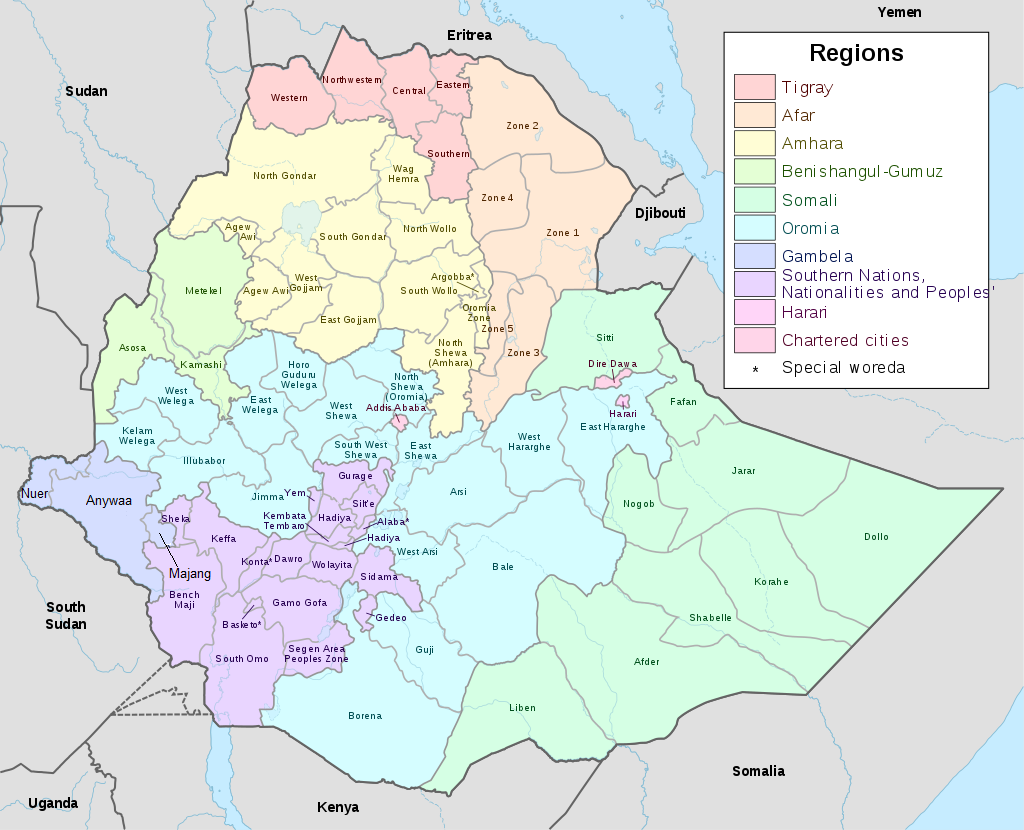Sioux Falls, S.D. April 17, 2020 (GCDC) - A meat processing plant in South Dakota has become the biggest single-source hotspot of coronavirus cases in the United States, with at least 518 employees testing positive for the virus and at least 126 non-employees contracting the virus through exposure to workers.
Kulule Amosa’s husband earns $17.70 an hour at a South Dakota pork plant doing a job so physically demanding it can only be performed in 30-minute increments. After each shift last week, he left exhausted as usual but he didn’t want to go home.
He was scared he would infect his pregnant wife with the coronavirus so much so that when he pulled into the parking lot of their apartment building, he would call Amosa to tell her he wasn't coming inside. When he eventually did, he would sleep separately from her in their two-bedroom apartment.
The concentration of cases has highlighted the particular susceptibility of meat processing workers, who stand shoulder-to-shoulder on the line and congregate in crowded locker rooms and cafeterias. As many as half a dozen plants have shut because of outbreaks. Because the workers who slaughter and pack the nation’s meat are vulnerable, so, too, is the supply of that meat. Smithfield CEO Kenneth Sullivan said the closure of the plant, which produces roughly 5% of the U.S. pork supply each day, was “pushing our country perilously close to the edge in terms of our meat supply.”
Amosa and her husband, who are originally from Ethiopia, once saw working at the plant, where she also had a job until she became pregnant, as key to building their new life in the United States: It was well paid, union employment that gave them a community. But amid the coronavirus pandemic, the couple found themselves like many workers whose jobs cannot be done remotely exposed on two fronts: Both their health and their livelihoods were at risk. The couple agreed to speak to The Associated Press on the condition that Amosa's husband not be named because he feared to lose his job.
The plant is vital to a burgeoning immigrant community in Sioux Falls, offering opportunities for even those without a college degree or fluent English. Smithfield offers to pay to start at over $15 an hour, health insurance and plenty of overtime.
The plant has attracted a diversifying workforce to the city, where Ethiopian, Somali, South Sudanese, and Vietnamese restaurants have joined diners and craft breweries. With many immigrants living in neighborhoods near the plant, which employs 3,700 people in a city of about 180,000.
Six current employees interviewed by the AP who, like Amosa's husband, insisted on anonymity because they feared they would be fired described far more haphazard measures. They said they were given flimsy masks made of hairnet-like material, hand-washing stations were in disrepair, and there was pressure to keep working even if they felt sick.
Meanwhile, Amosa and her husband are both homes now nervously awaiting their first child. But they also have a new worry: His coronavirus test came back positive. (AP)




